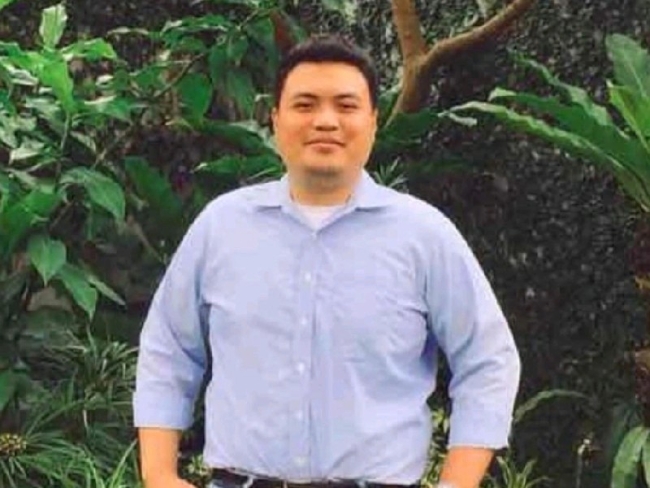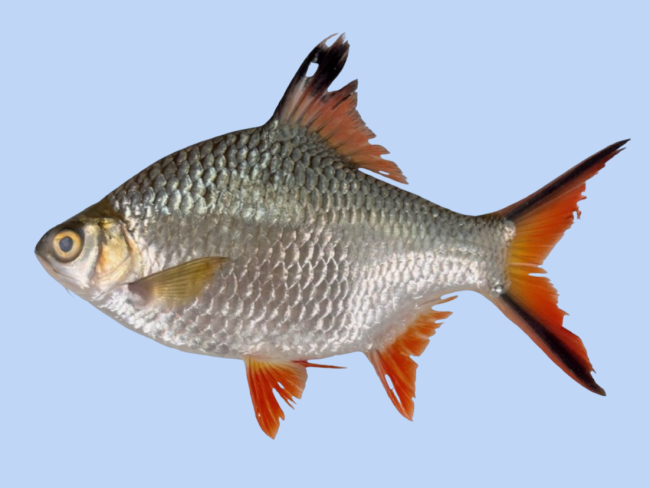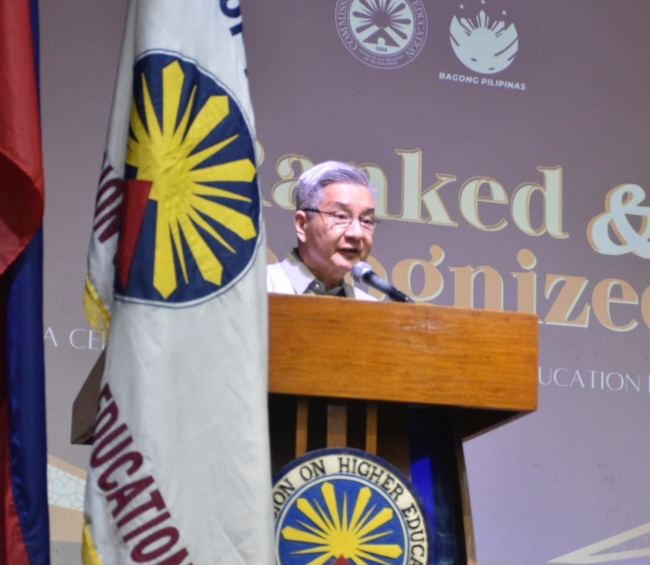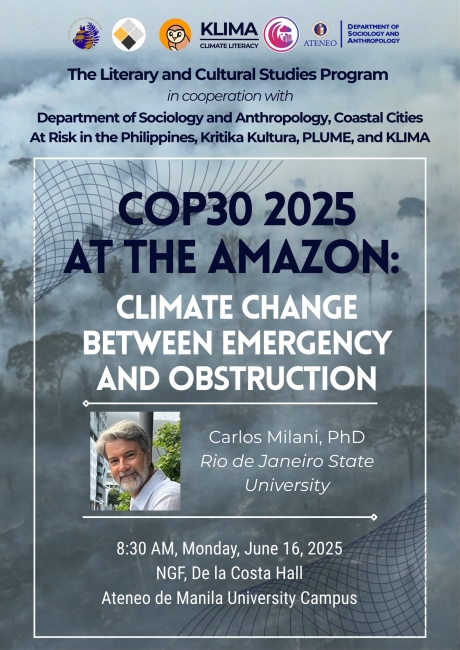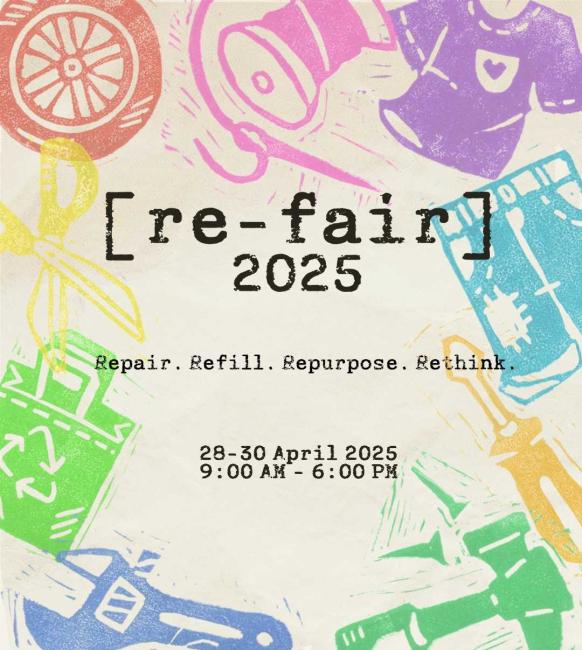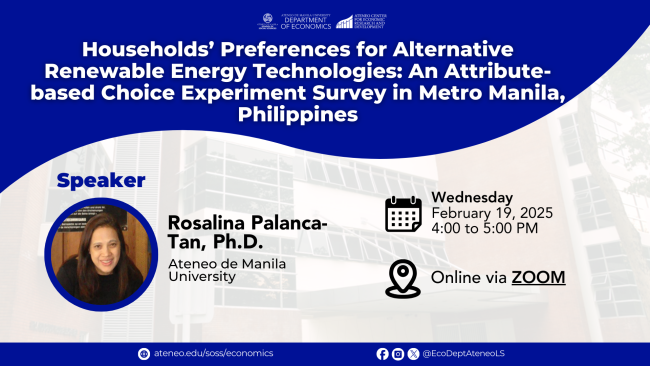Ateneo and the UN Sustainable Development Goals
Safe Drinking Water on Ateneo Campus
Ateneo provides safe drinking water that mainly comes from two sources: drinking water fountains and purified water dispensers. Drinking fountains are connected to the main water system, and are equipped with a 5-micron filter and a UV light disinfection system ensuring bacteria and virus free drinking water.
The Central Facilities Management Office (CFMO) maintains the drinking fountains. It follows a schedule for cleaning and replacing filters, and for checking UV lights. Further to this, Department of Health (DOH)-compliant outsourced providers supply the University’s purified water dispensers.
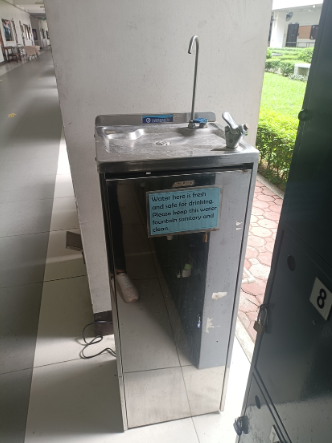 |
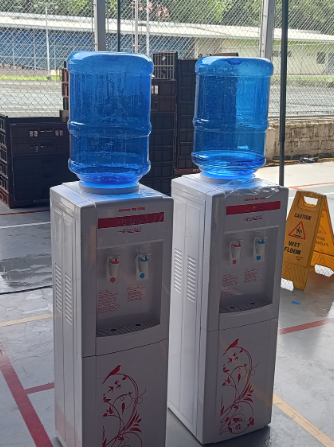 |
Various campuses have installed the primary water sources: The Loyola Heights campus has a total of 51 drinking fountains and 60 water dispensers; additionally, the University’s professional schools campuses maintain 11 drinking fountains and 13 water dispensers.
Ateneo ensures regular monthly testing for microbial quality, while guaranteeing compliance with the 2017 Philippine National Standards for Drinking Water (PNSDW). To ensure effective access to safe drinking water, Ateneo will embark on bridging the gap in the water facility and user ratio in most of its campuses.
Ateneo Ensures Safe Drinking Water: 2023-2024 Potability Report
The Central Facilities Management Office (CFMO) and the Office for Food Safety and Quality Assurance (OFSQA) collaborate to ensure the water on Ateneo de Manila University campuses is safe. The University was able to comply with the 2017 Philippine National Standards for Drinking Water (PNSDW 2017) for the SY 2023-24.
Water Quality Examination
A physicochemical study was carried out at 12 sampling locations in November 2023, and all samples met the requirements, indicating four years in a row of 100% compliance. Microbial tests were carried out at a total of 218 sampling locations in November 2023 and May 2024. In November, 81% of samples passed at first; following corrective measures, this percentage increased to 97%. The pass rate was 71% in May, but it increased to 93% after additional steps. Water stagnation due to limited operations during these months caused a drop in compliance.
Continued Initiatives
To address the issues, OFSQA is implementing rigorous remedial measures, ongoing maintenance, and monthly testing for sites that don't meet the criteria. The institution also imposes administrative restrictions, like limiting non-compliant water sources and offering substitutes for potable water.
Ateneo de Manila University remains dedicated to providing its community with clean drinking water, and it is working hard to uphold and enhance stringent water quality regulations.
Ensuring Water Safety and Quality: Ateneo de Manila University's Comprehensive Testing and Monitoring Program
Ateneo de Manila University ensures the safety and quality of its potable water supply through a comprehensive Testing Quality Control Plan, following the Philippine National Standards for Drinking Water (PNSDW) 2017. To protect the health of the campus population, the program analyzes a range of characteristics divided into three categories: microbiological, radiological, and physicochemical.
Physicochemical Testing
The university tests for total dissolved solids (TDS), color, turbidity, pH, odor, arsenic, cadmium, lead, nitrate, and disinfectant residue (chlorine) every year. Samples are taken from consumer taps, and water sources such as overhead tanks and cisterns. Analytical methods such as atomic absorption spectrometry, ion chromatography, nephelometric processes, and sensory evaluations ensure the water meets the prescribed limits. Results consistently meet the maximum allowable levels for each parameter, passing the required standards.
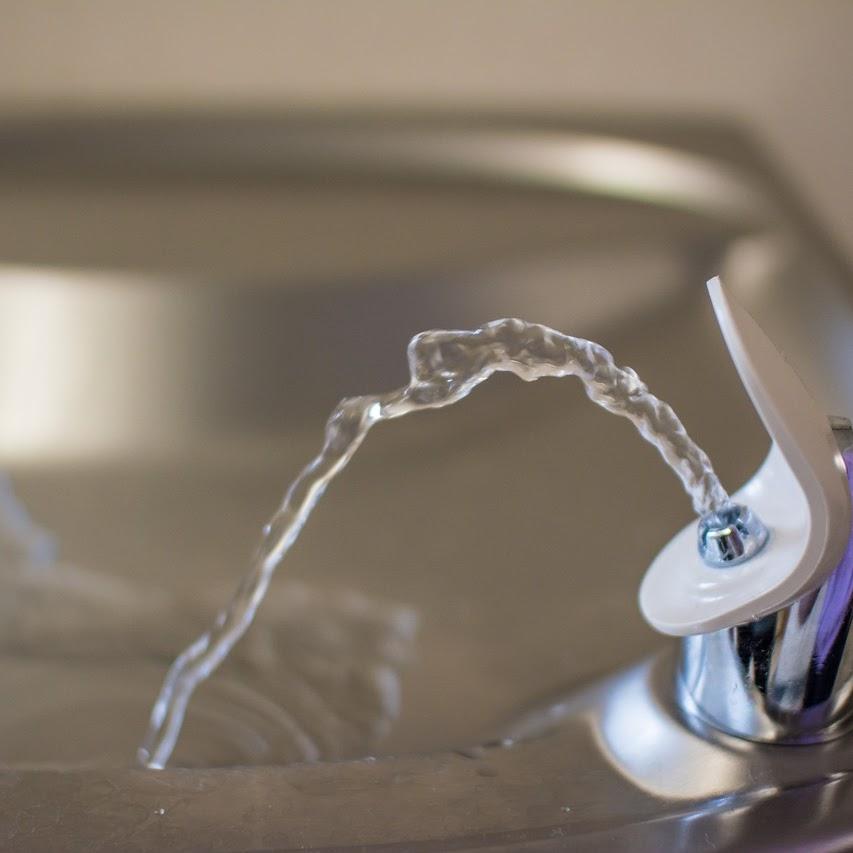
Microbial Testing
Based on the building’s population, Ateneo conducts microbiological testing regularly to check for total coliform, thermotolerant coliform, and heterotrophic plate counts. Buildings with fewer than 600 occupants are examined every other month, and buildings with more than 600 residents are checked monthly through a stringent supplier selection process. Ateneo only contracts with laboratory services certified by the Department of Health. These laboratories use approved techniques such as Pour Plate and Method and multiple Tubes to ensure that water samples pass 95% of the established standards.
Radiological Testing
While fewer radiological experiments exist, such as Gross Alpha, Gross Beta, and Gamma, the university is still equipped to handle emergencies such as nuclear catastrophes. The initial testing takes place over four quarters in a year, and then there is frequent monitoring every three years. Ateneo’s radiological quality standards align with the PNSDW guidelines, ensuring safe levels of radioactive materials in the campus water supply.
The testing for radioactivity includes Gross Alpha, Gross Beta, and Gamma radiations. The radiological testing is done every four years and exclusively by the Philippine National Radiological Institute (PNRI). There has been no cause for concern about radioactive residues on the campus over the past decade, commensurate with the safe levels of radioactive materials in the campus water supply.
Ateneo de Manila University upholds strict testing protocols and collaboration between the Central Facilities Management Office (CFMO) and the Office for Food Safety and Quality Assurance (OFSQA) to ensure that high water quality standards are maintained, protecting the ecology, animals, and public health.
News and Features
Keeping Ateneo’s carbon neutrality on track: Meet Earl John Villosino, our greenhouse gas accounting officer
Ateneo de Manila University’s commitment to sustainability is deeply inspired by the Laudato Si encyclical—an urgent call to care for our common home and respond...
Ateneo biologists warn against new alien fish in Laguna de Bay
A striking, silver-colored fish commonly kept as an aquarium pet has been hiding in plain sight in the Philippines’ largest freshwater lake, renewing concerns over the unmonitored and unmitigated release of alien species into the country’s already strained ecosystems.
Philippine higher education: Beyond rankings, rethinking relevance
On Tuesday, 24 June 2025, the Commission on Higher Education (CHED) Chairperson Dr Shirley Agrupis hosted a celebratory dinner for the presidents and rectors of...
Ateneo Socio-Civic Engagement for National Development Excellence Awardees for SY 2024-2025 (OVPMI Memo)
23 June 2025 TO: The University Community FROM: (Sgd) Benjamin Gerardo T Tolosa Jr PhD Vice President for Mission Integration SUBJECT: Ateneo Socio-Civic Engagement for...
THE Impact Rankings 2025: Ateneo re-enters top 200, still top PH institution
Ateneo de Manila rises in the latest Times Higher Education (THE) Impact Rankings, re-entering the top 200 and maintaining its place as the highest-ranked Filipino...
COP30 2025 at the Amazon: Climate Change Between Emergency and Obstruction
The Literary and Cultural Studies Program in cooperation with Department of Sociology and Anthropology Coastal Cities At Risk in the Philippines Kritika Kultura PLUME KLIMA...
Pagination
Events
Lecture / Talk / Discussion
COP30 2025 at the Amazon: Climate Change Between Emergency and Obstruction
Mon, 16 Jun 2025
Natividad Galang Fajardo Conference Room, Dela Costa Hall
The Literary and Cultural Studies Program in cooperation with Department...
Fair / Festival
Flavors of Asia: Taste of West and Southeast Asia at RGLSOSS Week 2025
Mon, 28 Apr 2025
Gonzaga Cafeteria, Ateneo de Manila University Loyola Heights Campus
Fair / Festival
Re-Fair is back for its 2nd year!
Mon, 28 Apr 2025
LS Promenade
Workshop / Seminar / Short Course
Households’ Preferences for Alternative Renewable Energy Technologies: An Attribute-based Choice Experiment Survey in Metro Manila, Philippines
Wed, 19 Feb 2025
Online
